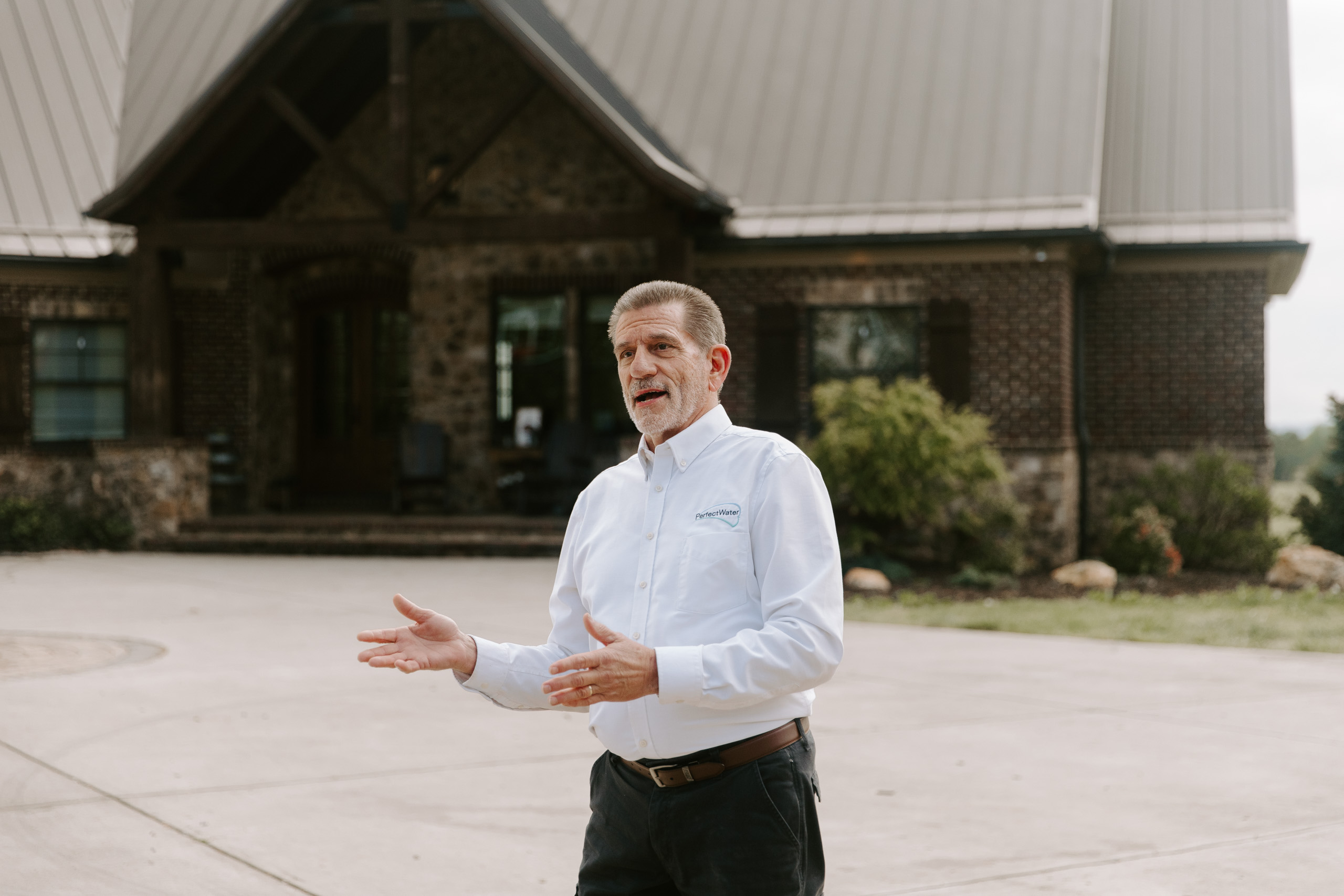Butler Residence - Rainwater Harvesting in Asheville, NC
The 1st Potable Rainwater Harvesting System in Asheville, NC
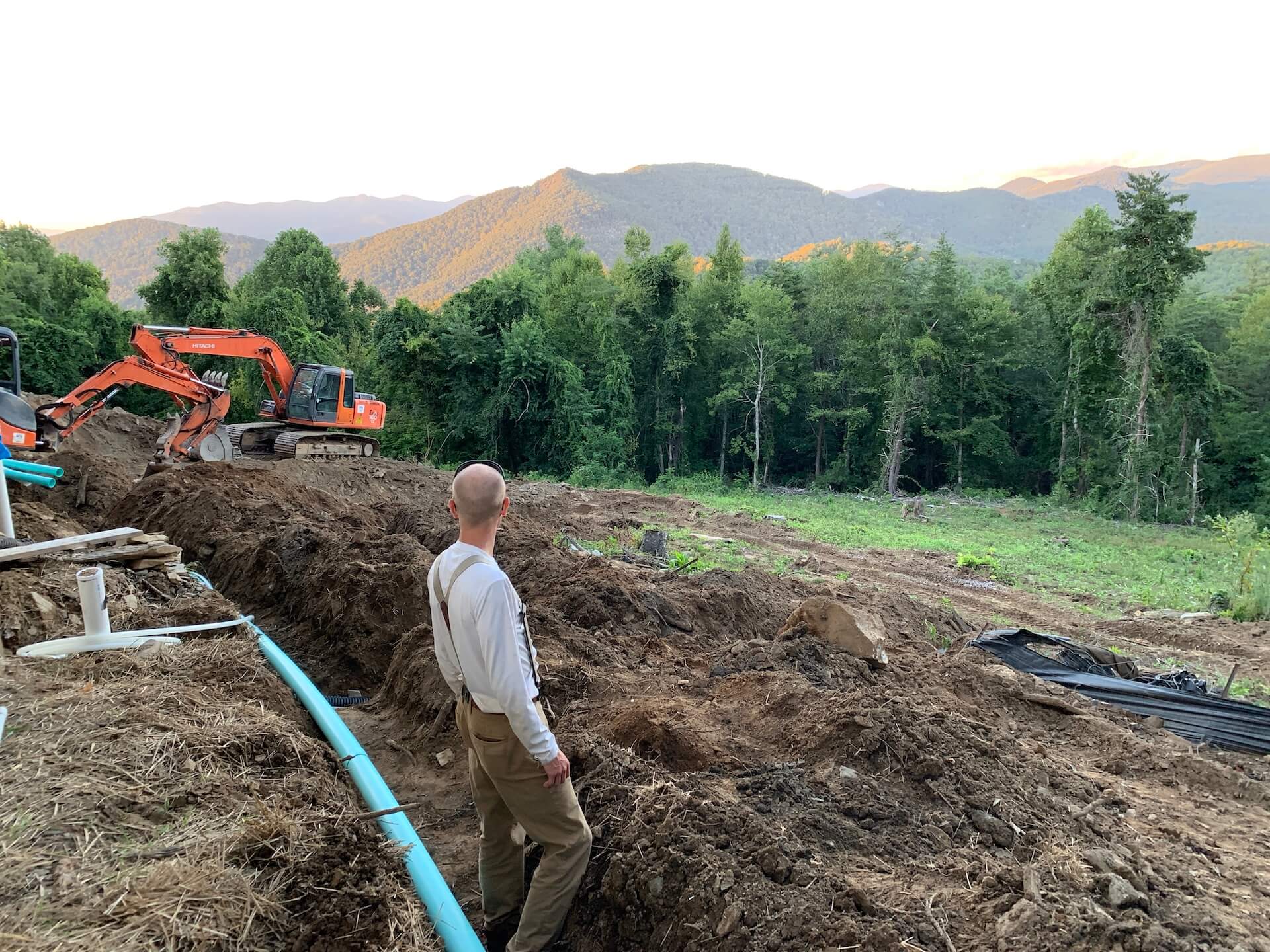


Amongst the most sustainability-focused projects you can take part in within your home is rainwater harvesting. Other than it being a cost-effective way to get water to your home, it has one of the quickest environmental payback. You can use this water that you will then be conserving as your complete household water supply. This is possible as you end up with contaminant-free rainwater that can sufficiently supply nearly any-sized home. Overall, you get to realize the potential that is rainwater while still remaining environmentally friendly.
One of the people who recently embarked on using a rainwater harvesting system is homeowner, Chris Butler. His home is in Asheville, NC where rainwater harvesting is legal and even encouraged, although it certainly still new to the state.
The Butler's Story
Mr. Butler was interested in rainwater harvesting soon as he set up his home. In his words, "we wanted to be green and not have to worry about an outside water supply source." Fortunately, his home is located in a temperate rainwater forest. This directly translated to him having plenty of rain (much of the southeast experiences plenty of rain for whole-house supply), which would then translate to him having sufficient water for his rainwater harvesting system.
At first, Butler was concerned that the system would be too expensive to set up. He points out that "we looked at it early in the process, actually kind of had decided to not do it at first. We thought maybe it was too much of an investment." It is later during his build that he considered the economic viability of the system. Expressly, he points out that " After things progressed, we ran into a few situations where we thought that maybe it's quite a bit more valuable that we think." It is at this point that he reconsidered the earlier delay. He points out that "We started looking at what it would take basically have self-sustainable water at our property at all times. Came up with a plan with you guys at PerfectWater, and went for it!"
The System
At the Butler home, their rainwater system would compromise of four 1,750 gallon underground storage tanks that would make up the complete 7,000 gallons of storage needed. Notably, the home is located at the top of the mountains in south Asheville, which was a further reason to have a self-sustainable water supply.
While the home is within a temperate rainwater forest ecosystem, it was prudent that we still consider periods of time when the area was expected to experience significantly less rainfall. It is in consideration of this particular aspect that the system was set up to feature an auto-switchover. As such, the home enjoys an uninterrupted supply since when rainwater diminishes, the system switches over to the city water supply.
It is worth noting that Mr. Butler is steadfast about the difference he has noticed between the soft contaminant-free rainwater and the water that they get from the city water supply. At present, they use the rainwater for everything. The use extends to both cooking and drinking as well as washing and bathing. When they want to make homemade beverages, the family reports that the water makes these beverages taste significantly better. What's more, the family reports that since they shifted from the city water supply to the rainwater system, they seem to have healthier skin and hair. In his own words, Mr. Butler expresses just how good the water appears to be. Remarkably, he points out, "I'm surprised the water is so great."
The one element that seems to resonate in this home is the convenience of the rainwater harvesting system they have set up. The rainwater is caught and stored automatically, meaning that Mr. Butler does not have to lift a finger - the system is operational. The homeowner points out, "You turn the water on and water comes out, it's great! It has good water pressure."
Living with Rainwater Harvesting
The most attractive element of rainwater harvesting is just how simple the entire process is. A well-designed rainwater harvesting system will adhere to these following steps:
- Rainwater is collected on the roof, which should be made of a contaminant-free material.
- The collected water is diverted into the constructed below- or above-ground storage system.
- The water is then filtered and oxygenated before it enters the storage vessel. This step is meant to ensure that all large contaminants are removed and that only freshwater goes through the system.
- The filtered water then enters the storage vessel. Here it meets a thin microbiological layer, referred to as a biofilm, which then cleans it further.
- The water is then stored in one of the four storage units already built for future use.
When the homeowner decides to use the water, it passes through a couple of other filtration and disinfection stages before it comes out of the tap. This is meant to ensure that the water they end up with is as clean and as safe as possible.
Overall, the rainwater harvesting system works well on its own. In the event that water levels reduce, the system automatically switches to the secondary water supply. In this case, the city water steps in to ensure that then the home keeps functioning without much interruptions.
Focus on Water Quality and the Environment
It has become increasingly evident that most people will install the rainwater harvesting system simply because they are concerned about water quality and their environmental impact. What's more, the system, once set up, should provide a reliable water supply even when the home is located in the middle of nowhere. If you live off the grid and you want to have a self-sufficient lifestyle, rainwater harvesting offers you a great solution which should help you save any freshwater and groundwater you have access to. Overall, by going with a rainwater harvesting system, you end up with an eco-friendly lifestyle, which is quite attractive to the average environmentally-conscious homeowner.
Other than just being a green alternative, rainwater is an excellent choice for the health of everyone within the home. The water has no inorganic contaminants, and it contains no total dissolved solids. What this means is that you have available to you pure, chemical-free water that has no chlorine, pesticides, or pharmaceuticals.
Working with PerfectWater
Mr. Butler speaks highly about working with PerfectWater. He is quoted as saying, "I would do it again! It's great! It's a really great system.”
He reports that "Since our system startup, it has been great. As far as the operation of the system goes, it's incredible. The water quality is incredible."
If you are interested in the transition to rainwater harvesting, we invite you to look at our detailed rainwater harvesting guide. Do not hesitate to contact us in the event that you have any questions. We believe that you are just a phone call away from taking complete control over the water supply within your home.

Check out a few of our projects
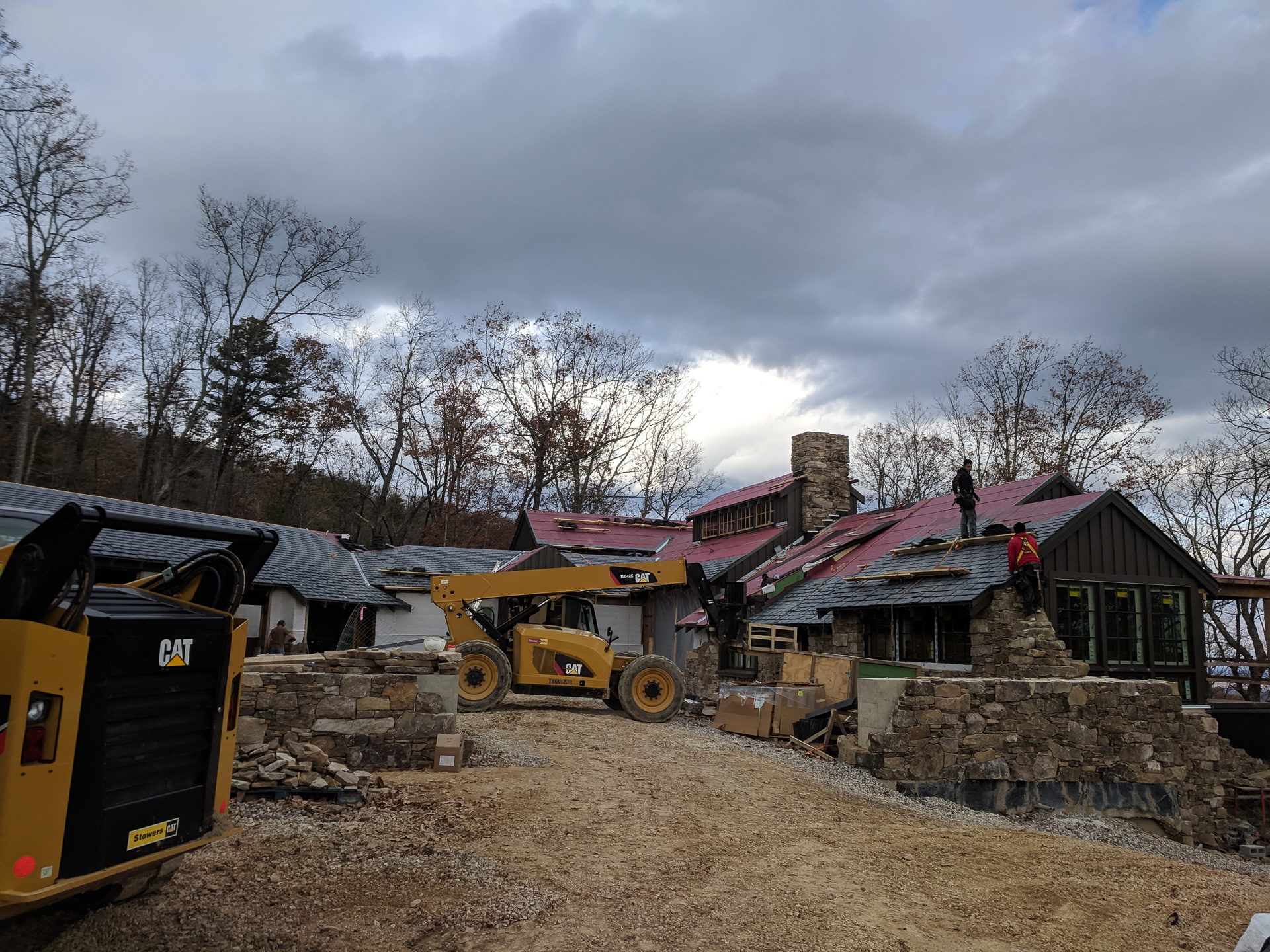
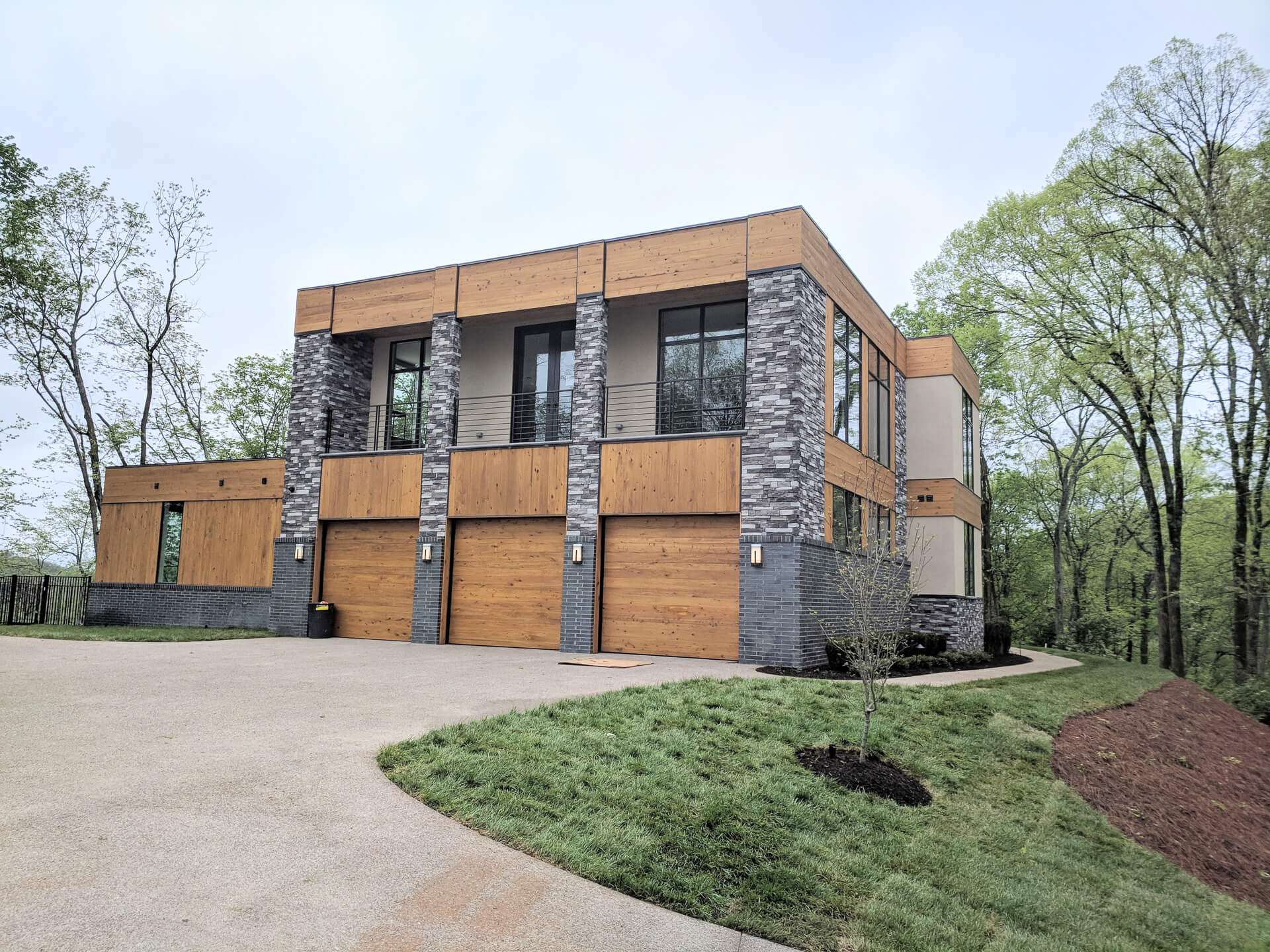
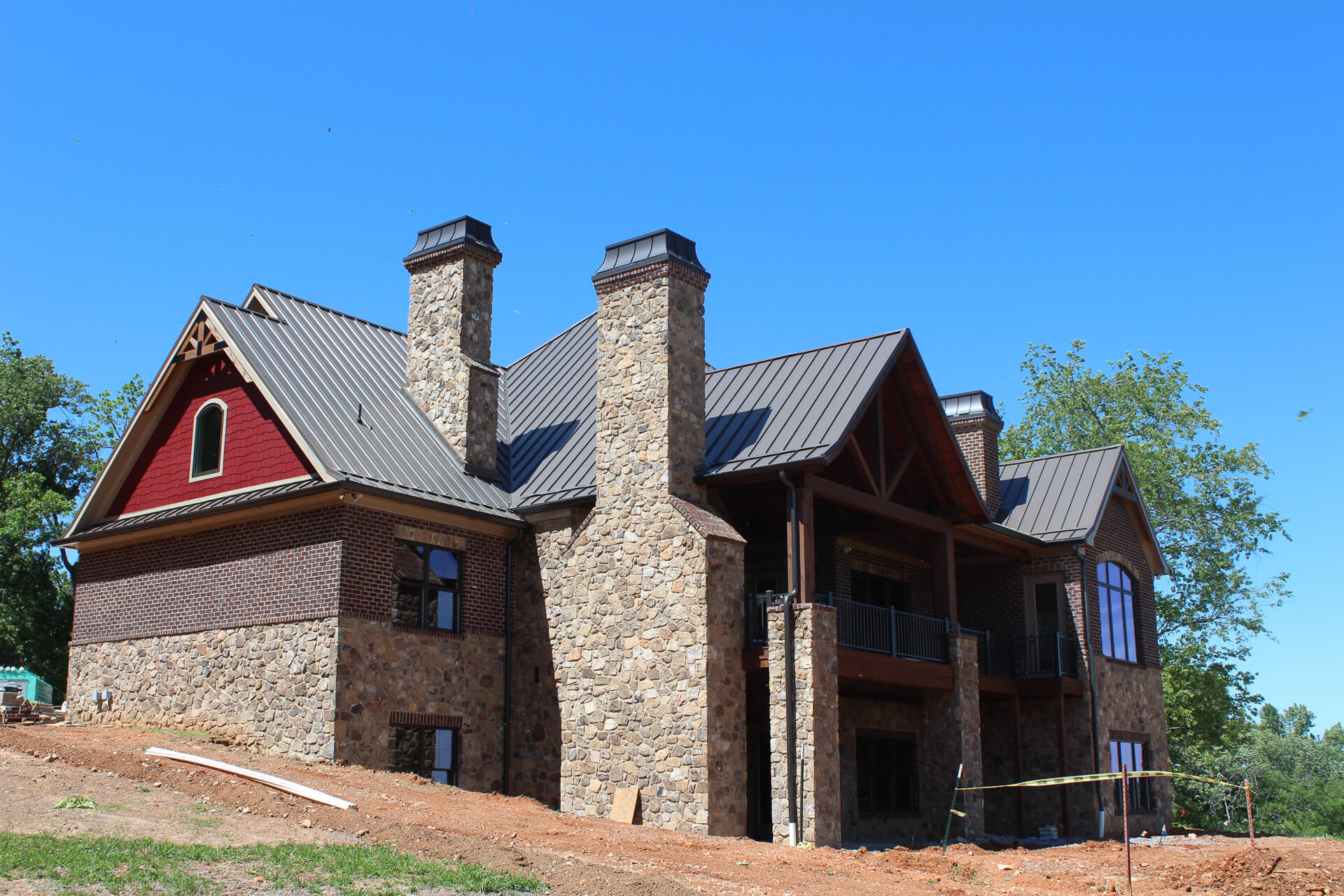
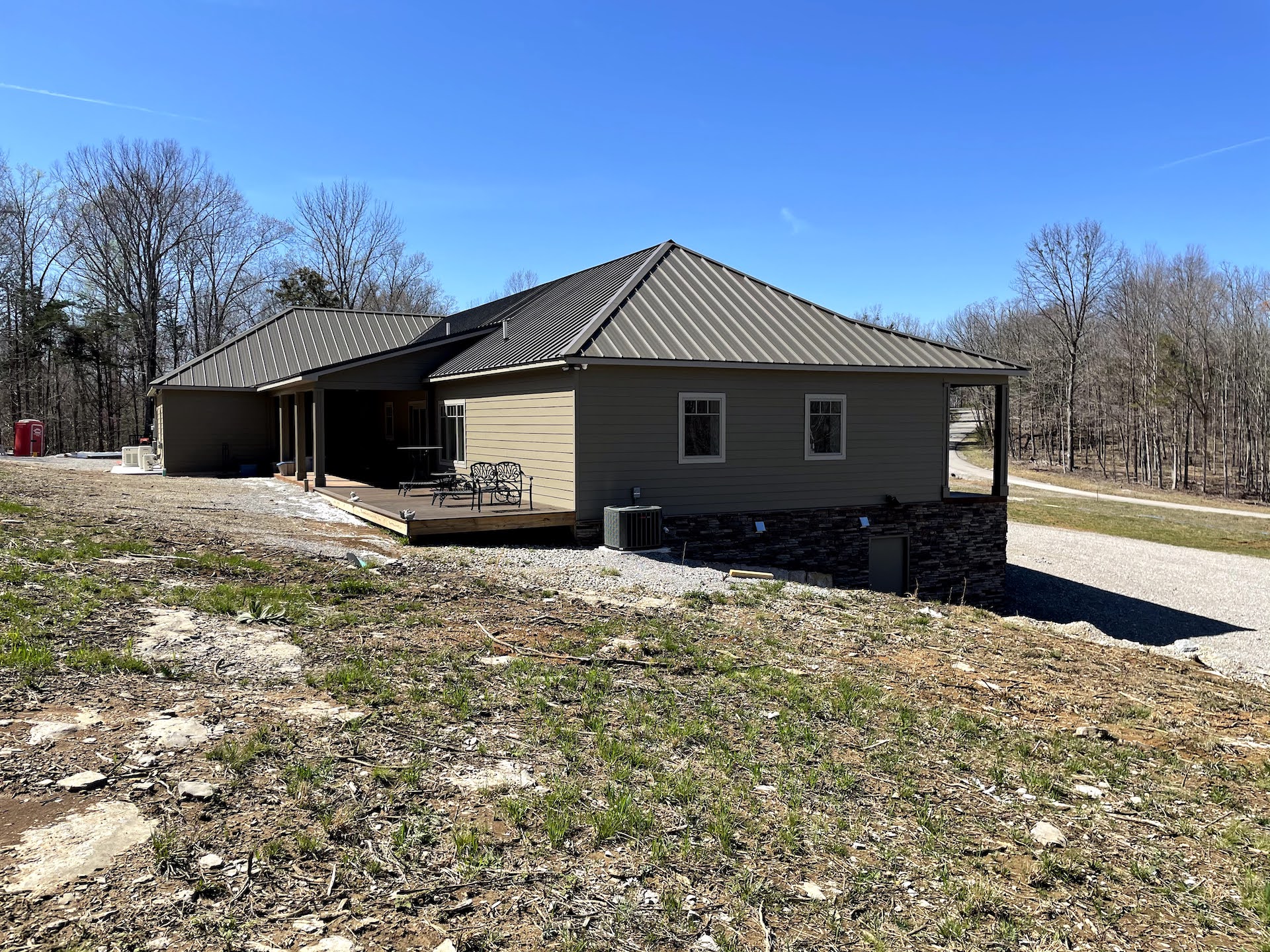
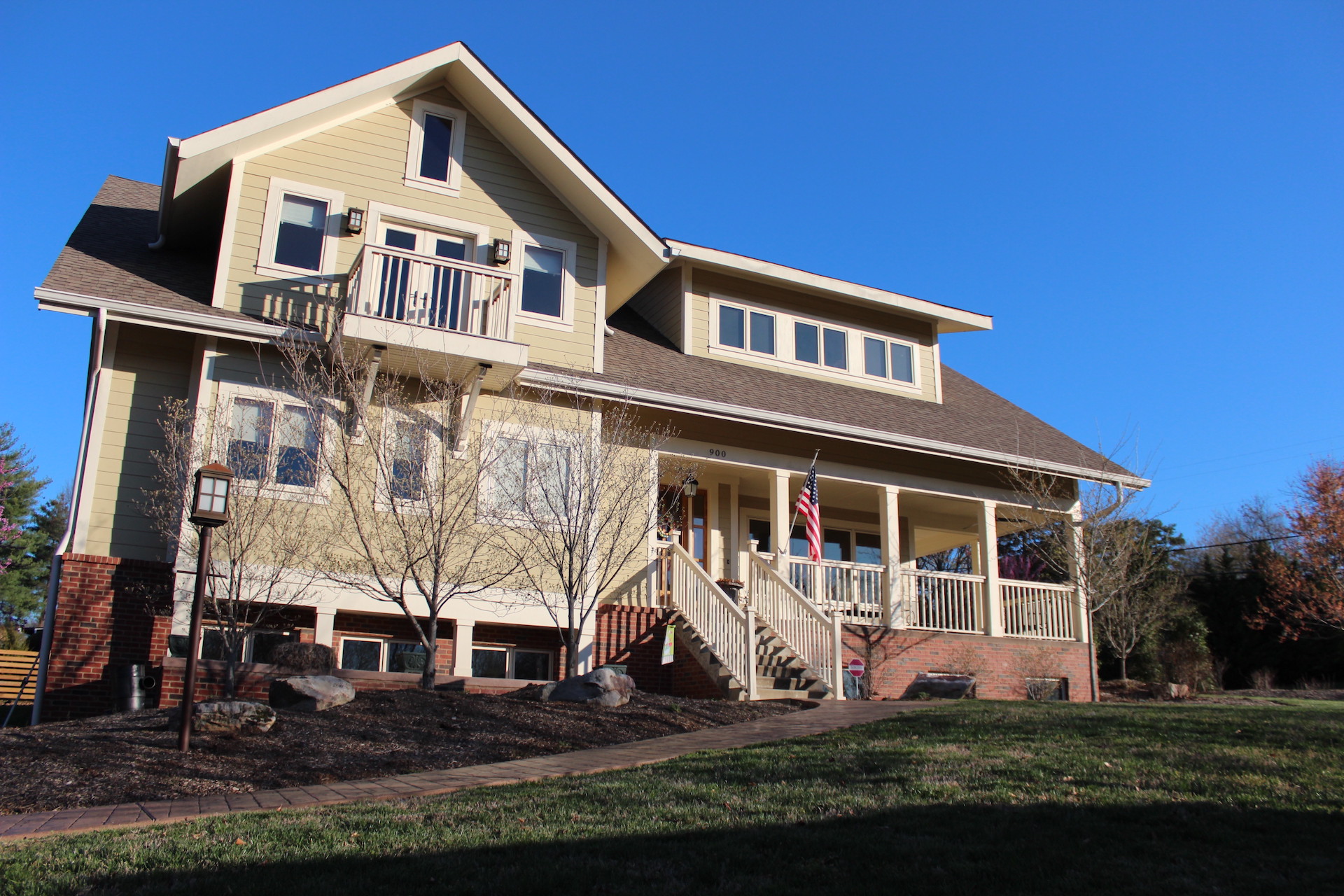
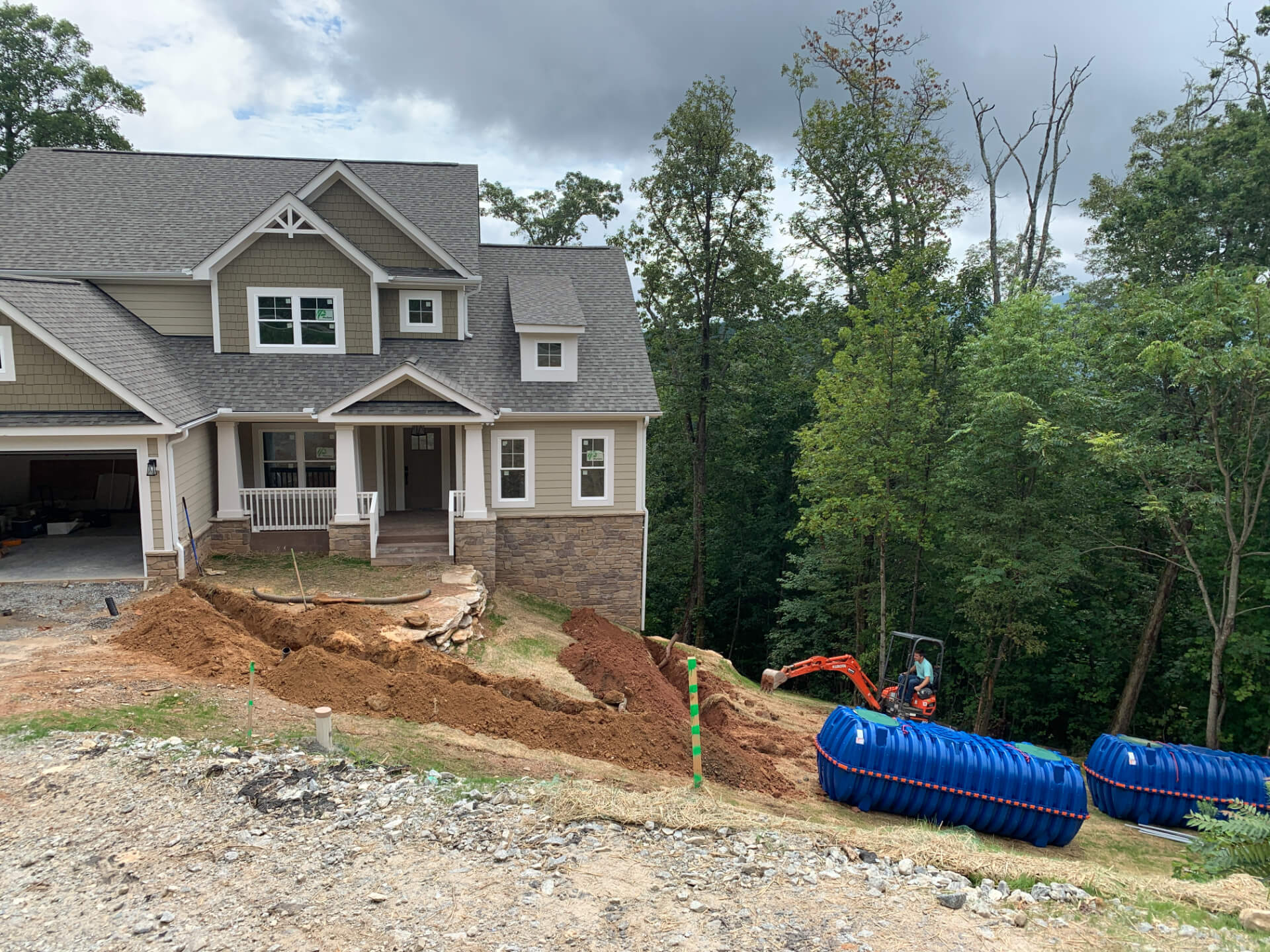
Ready to Take Control of Your Water Supply?
Don’t wait for water shortages or unreliable sources to disrupt your life. With our Rainwater Harvesting systems, you can enjoy a sustainable, reliable, and completely self-sufficient water solution tailored to your home’s needs.
